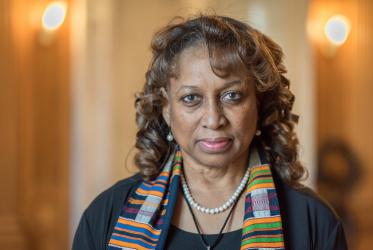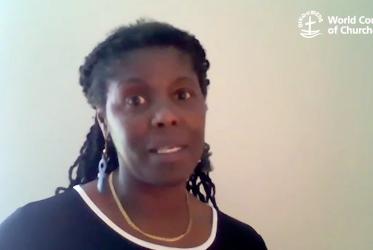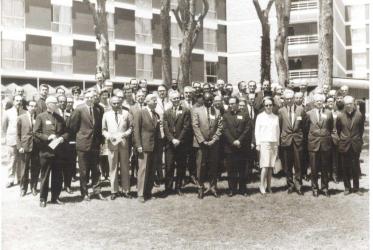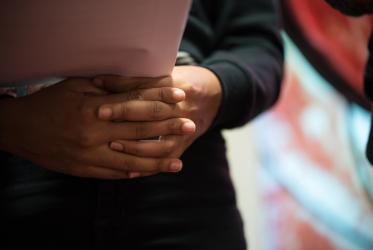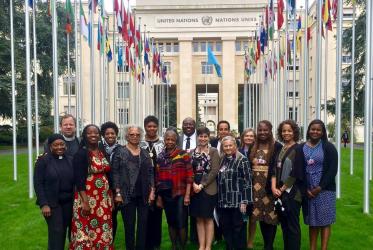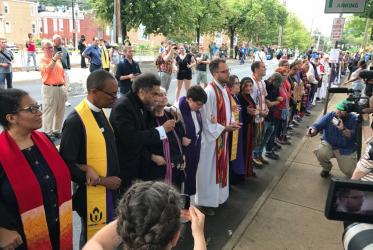Displaying 1 - 20 of 29
“The work of truth-telling has to happen”
28 September 2017
Orthodox bishops in USA condemn racist violence
31 August 2017
Presbyterian leaders: racism in USA is “pernicious poison”
31 August 2017
Eco-justice at stake for Standing Rock people in USA
07 November 2016
Panel discussion fields ideas on European identity
26 April 2016
“No decision about us without us”
09 November 2015
Faith communities urge U.S. to resettle more Syrian refugees
14 September 2015
Reclaiming our humanity
23 June 2015




